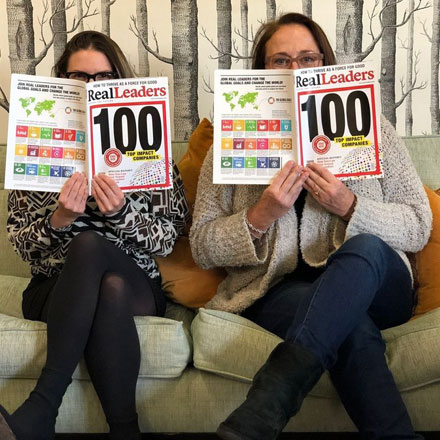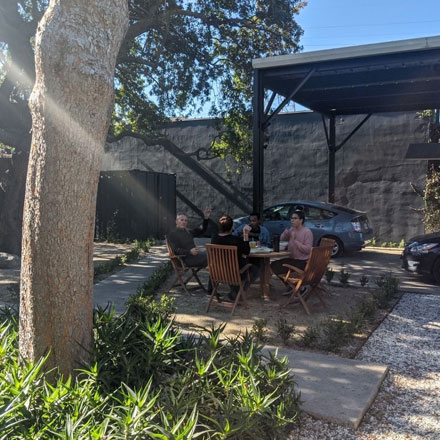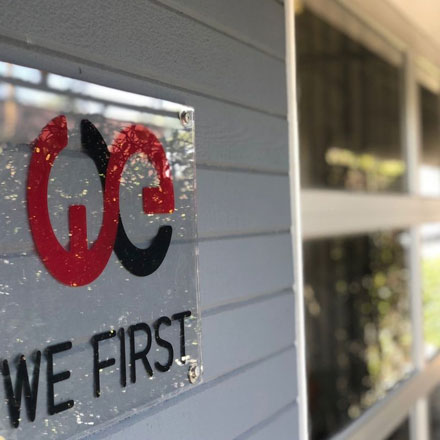Blog
RIO: Let The Games Begin
In Rio’s 2009 proposal bid to the International Olympic Committee, the word “environment” trails only “security” for most uses. So much was “sustainability” a concern and ambition for Rio’s Olympic effort that the word itself appears at triple the rate of “education” and more than ten times the amount of “citizen.” In fact, sustainability was such a guiding principle for Rio’s pitch during the bidding process that they came up with the slogan “Green Games for a Blue Planet” to help sell through their campaign. Similar to what France recently accomplished with the European Football Championship, Rio promised to revamp and introduce a variety of sustainable, legacy-minded public works and infrastructure projects at the behest of a large-scale global sporting event. Coming on the heels of Brazil hosting the World Cup in the summer of 2014, the Rio Olympics were intended as a further coming out party for a developing city and country with grand economic and environmental ambitions.
So what really happened?
Sadly, not all that was promised, which included more than two-dozen projects that covered everything from revitalizing the city’s crime-ridden port, to building a vital public transportation system, to redirecting sewage and trash from the picturesque but woefully polluted Guanabara Bay. The bay has turned into something of a very high-profile Waterloo for Rio as athletes and tourists have essentially been advised to avoid contact with it due to extremely high-levels of dangerous—and even drug-resistant—bacteria. Robert Vamos, a Rio native and sustainability consultant had this to say, “Obviously, in terms of the promises that were made for the city and Olympic legacy, the water sanitation part [of the bay cleanup] was an absolute disaster, and nothing was done. Because of that, I think the Olympic legacy really fell short in terms of what was promised.”
Elsewhere throughout Rio, venues are soiled with garbage, transit projects remain unfinished, and the state itself is in the midst of a financial crisis as construction costs have ballooned $1.6 billion over budget. An editorial cartoon in The New Yorker shows the Olympic Flame re-imagined as a giant Citronelle candle to ward off Zika-carrying mosquitos, and outlets such as The Onion have already begun posting merciless take-downs of the games’ pomp and pretensions amid the less-than-ideal conditions. So far, Rio’s grand urban ambitions serve as a cautionary tale. As Vamos observes, “In terms of the actual on the ground projects themselves, the problems … inherited were so enormous that to say that they could have been solved in eight years is ridiculous. Many of these problems are going to be solved over decades.”
What’s ironic about this situation is that Rio’s mayor, Eduardo Paes, is something of a star in the world of sustainability. Mr. Paes can be seen picking up awards and delivering TED Talks on the eco-conscious city of the future, and he is also chairman of the C40, a coalition of global mayors that seeks to address climate change via forward-thinking projects and measures. Then again, Paes also approved construction of a bitterly protested Olympic golf course described as an “ecological holocaust” by local activists. In a way, Paes himself seems to encapsulate the challenges of innovating a more sustainable future while also having to serve the day-to-day demands of people and profit, especially in the developing world – a complex man representing a complex set of challenges and opportunities.
The damage, if any, to the larger Olympic brand remains to be seen. Given that the games begin on the day of this writing, it’s still quite obviously too soon to tell. While the Rio Olympics have so far generated a lot of harsh press, if the global media spotlight can bring added awareness, and more crucially, much-needed results to Rio and Brazil’s more pressing environmental and social issues, so much the better.
Though the IOC may hold off on awarding future games to cities located in the developing world, hopefully the challenges, and successes, Rio has experienced in attempting to create a modern, sustainable celebration will offer valuable insights and lessons for future host cities.
Image via Flickr courtesy of user Brian Godfrey at https://flic.kr/p/B44v7p





